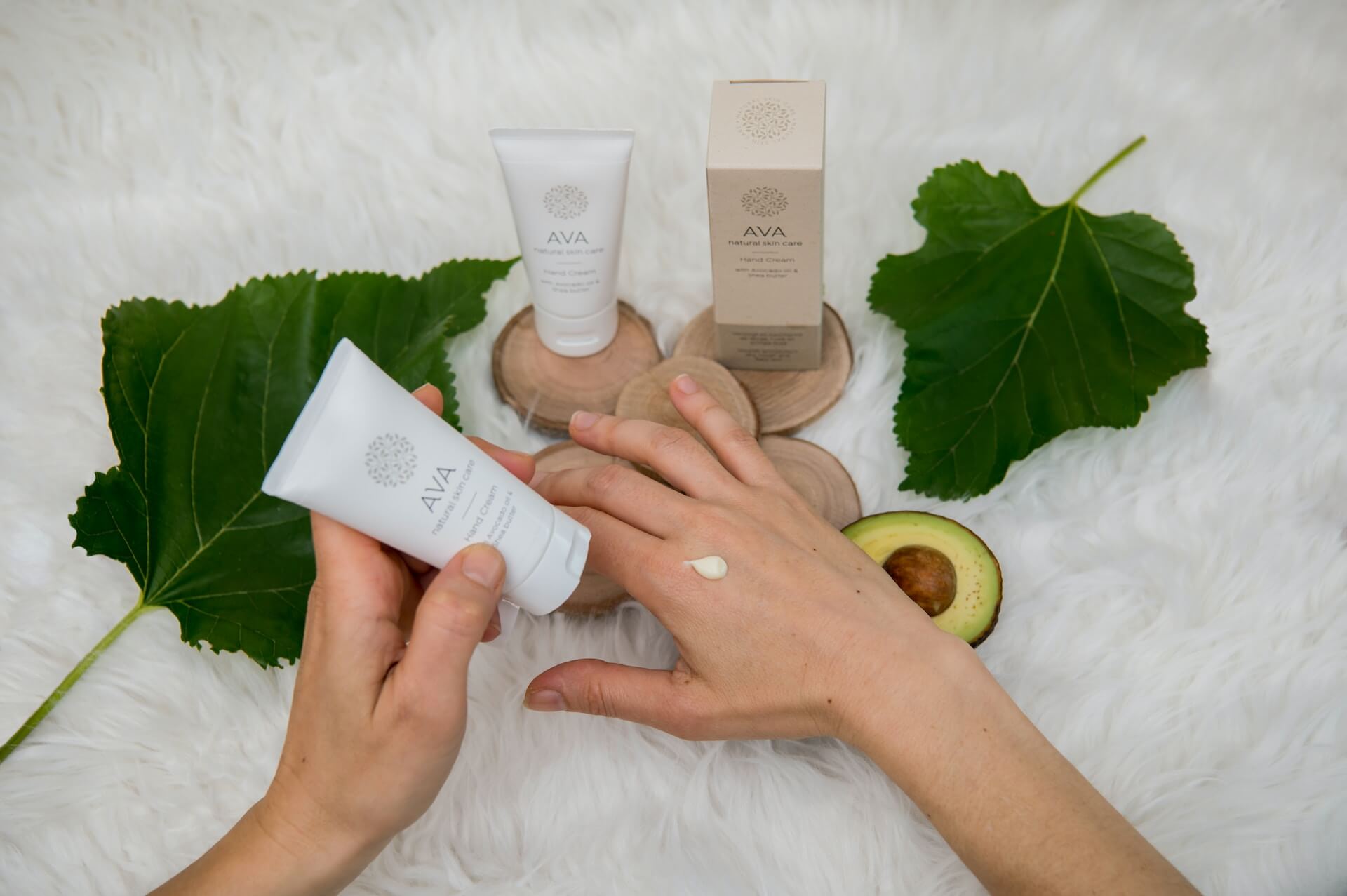CBD has been found in research to contain components that can improve the condition of the skin, and this is reflected in the global skincare market where cosmetic manufacturers are entering the CBD market and selling skincare products containing CBD. In Thailand, where our Cannatopia Farm is located, various CBD-infused skincare products such as toners, hand creams, and bath bombs are also available.
About CBD
CBD has been studied for its relaxing and calming effects, and it is known to have positive effects on the skin. Due to its anti-inflammatory properties and ability to prevent cell aging, CBD is considered highly effective for the skin. The effects of CBD on the skin include:
●Anti-inflammatory Effects
Research has shown that CBD has anti-inflammatory effects, leading to the reduction of redness and improvement in acne. In a study involving 20 individuals with dry skin or skin conditions, three months of continuous use of CBD resulted in the improvement of inflammation and skin issues. The study found no reports of inflammation, side effects, or allergies, confirming the safe use of CBD. This suggests that CBD could be used in future skincare products to treat skin issues.
●Antioxidant Effects
CBD possesses antioxidant properties, surpassing the antioxidant capabilities of vitamins C and E, as indicated by research in the United States and other countries. The antioxidant effects control sebum production, contributing to the improvement of acne. Oxidation of the skin, blood vessels, and cells leads to aging, skin issues, and lifestyle diseases, and CBD is believed to help counteract such oxidative processes.
●Anti-Aging Effects
The previously mentioned antioxidant effects suggest potential anti-aging benefits. Anti-aging aims to maintain youthfulness not only in appearance but also by suppressing aging-related diseases, contributing to preventive medicine in the healthcare industry.
Types of CBD Skincare
There are several methods of CBD intake, each with slightly different effects on the skin. The common methods include:
●Topical Application
Topical application involves directly applying CBD to the skin, allowing direct penetration to targeted areas. However, since the skin undergoes regular regeneration, it may take some time to feel the effects of CBD – typically around a month. Selecting CBD products specifically designed for skincare is advisable.
●Sublingual Intake
Sublingual intake, the most common method, involves placing a few drops of CBD under the tongue, allowing absorption through the capillaries. Compared to topical application, sublingual intake has a higher absorption rate, improving skin issues from within.
●Oral Intake
Oral intake involves consuming CBD through foods or capsules. Since it is in the form of food or capsules, even those who dislike the distinctive scent of CBD can easily incorporate it into their routine. However, absorption through the intestines is slower compared to sublingual intake.
Summary
In summary, the discussion has explored whether CBD can improve acne and skin issues. Research from various countries indicates that CBD, with its anti-inflammatory and antioxidant properties, has positive effects on acne and skin issues. Additionally, the potential for anti-aging makes CBD not only a solution for existing skin problems but also a preventive measure. Research on the impact of CBD on the skin is ongoing, leading skincare manufacturers to enter the CBD market. As the research advances, we can anticipate the emergence of CBD-based skincare treatments.

